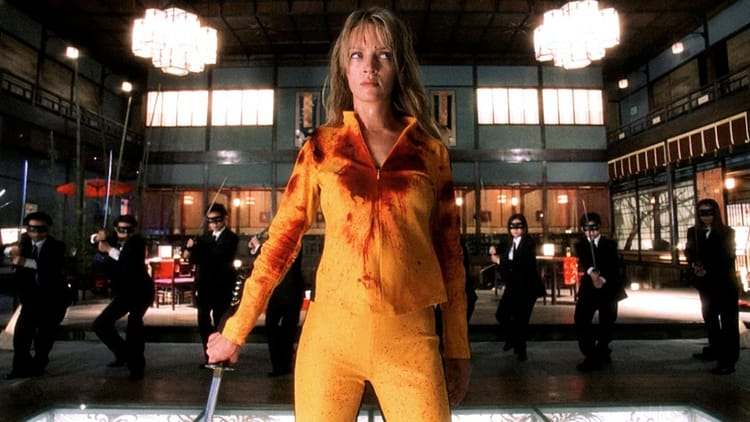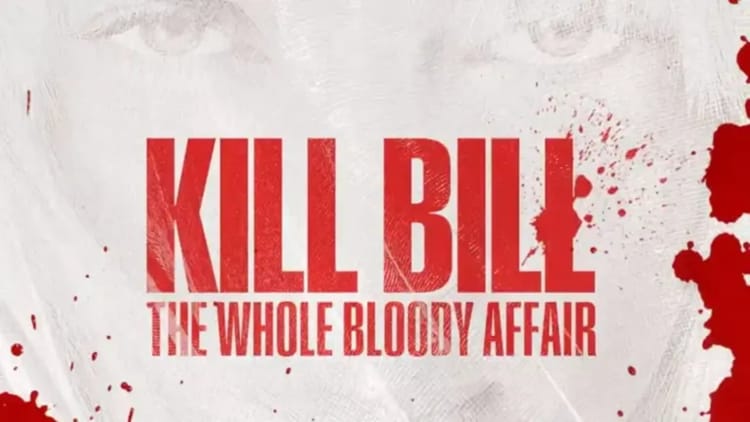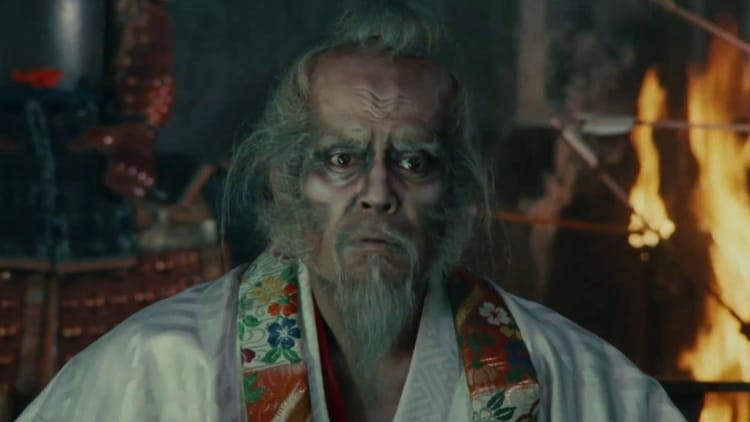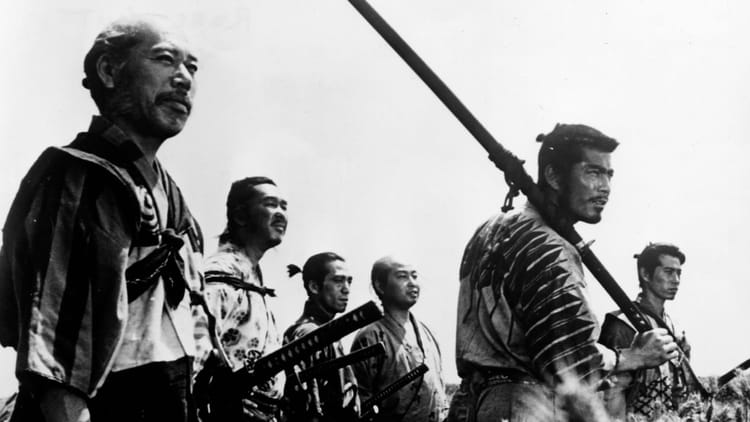When the Last Sword is Drawn
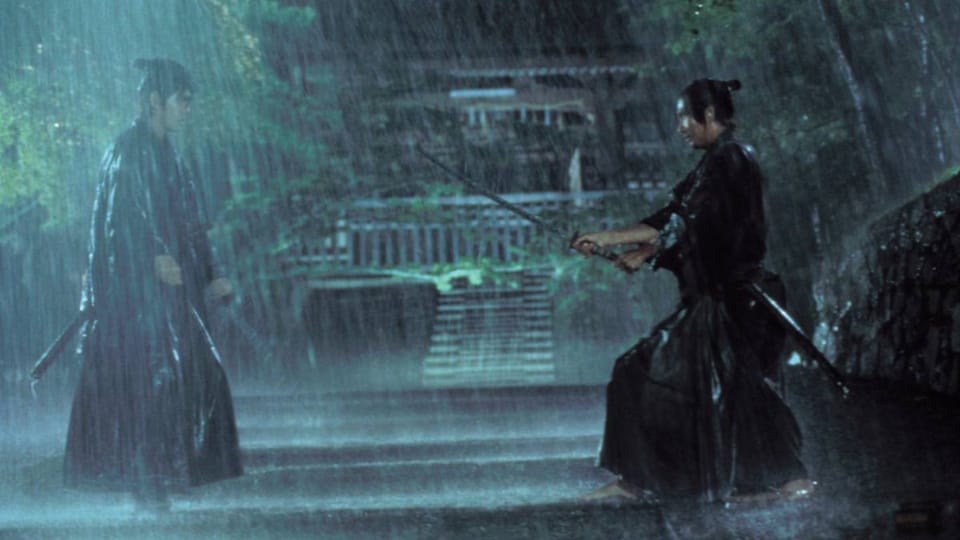
When the Last Sword is Drawn, directed by Yōjirō Takita, is a gut-wrenching tale of Kanichiro Yoshimura, a samurai who’s not just swinging a blade but carrying the weight of his whole damn family on his shoulders. We’re talking about a guy stuck in the dying days of the Tokugawa shogunate, scraping by on a laughably small salary from his backwater clan. And it’s breaking him. The man’s got a wife and kids to feed, so he makes the brutal call to leave them behind and head to the city, hoping to make enough coin to keep them afloat.
Now, we’re not just dealing with any old samurai drama here. This story is set against the backdrop of the Shinsengumi—the rough-and-tumble gang of samurai who were more like a state-sanctioned hit squad in Kyoto during the shogunate’s last gasps. They start off as glorified cops but soon find themselves knee-deep in a bloody struggle, fighting on the shogun’s side against the emperor’s forces. The emperor’s boys are all about dragging Japan, kicking and screaming into the modern era, while the Shinsengumi are clinging to the old ways, trying to keep their world from crumbling. The film dives deep into this clash, showing just how desperate the samurai were to hold onto their way of life as the world around them went to hell.
But here’s where it gets real: Kiichi Nakai, playing Yoshimura, brings some serious fire to the screen. This ain’t just a guy with a sword—this is a man torn to pieces by his duty to his family and his loyalty to his samurai code. At first, folks think he’s just another sellout, ditching his clan for a few extra coins. But as the story unfolds, you see it’s not greed driving him—it’s love. Love for his family that’s so damn deep he’s willing to trash his honor, and maybe even his life, just to give them a chance.
Yoshimura’s path leads him to the Shinsengumi, where he butts heads with Saitō Hajime (Kōichi Satō), a fellow samurai who thinks Yoshimura is a joke. But as time goes on, Saitō starts to get it—he sees that Yoshimura’s all-in on his family, that every move he makes is about protecting them, no matter the cost. This realization is the film’s heart, pulling you into the twisted web of honor and loyalty in a world that’s coming apart at the seams.
I kill because I don’t want to die.
The story’s told through the memories of two men, Saitō and a doctor named Ono Chiaki (Takehiro Murata), as they look back on Yoshimura’s life years after he’s gone. Their recollections paint a complicated picture—Saitō remembers Yoshimura as a money-hungry bastard. At the same time, Chiaki sees him as a noble hero. This back-and-forth gives the story some serious depth, showing you the internal battles Yoshimura fought as he tried to survive in a world that was leaving the samurai way behind.
The film hits you hardest in Yoshimura’s final moments. As he stares down death, his thoughts are with his family, and his last act is one of pure love and sacrifice. The film’s direction and use of color crank up the emotional intensity, contrasting the bleak reality of his situation with the bright, bittersweet memories of the life he’s fighting to protect.
Don’t get me wrong—When the Last Sword is Drawn isn’t perfect. The first half can feel like you’re watching a jigsaw puzzle being tossed in the air, with flashbacks and time jumps that might leave you scratching your head. But as the pieces start falling into place, you get the full, tragic picture of Yoshimura and what he stands for.
This film isn’t your typical samurai flick. It’s not about grand heroics or nihilistic bloodbaths. It’s about a man caught in the crossfire between tradition and progress, a guy trying to do the right thing as the world around him burns. Yoshimura’s story isn’t just a lesson in honor—it’s a gut check, a reminder that sometimes the most honorable thing you can do is put the people you love above everything else, even your own life.
In the end, When the Last Sword is Drawn is a hard-hitting, thought-provoking ride through one of Japan’s most chaotic periods. Through Yoshimura’s heartbreaking journey, the film asks you to think about what it means to hold onto your principles when everything’s on the line. And in that struggle, you see the true measure of a man.

